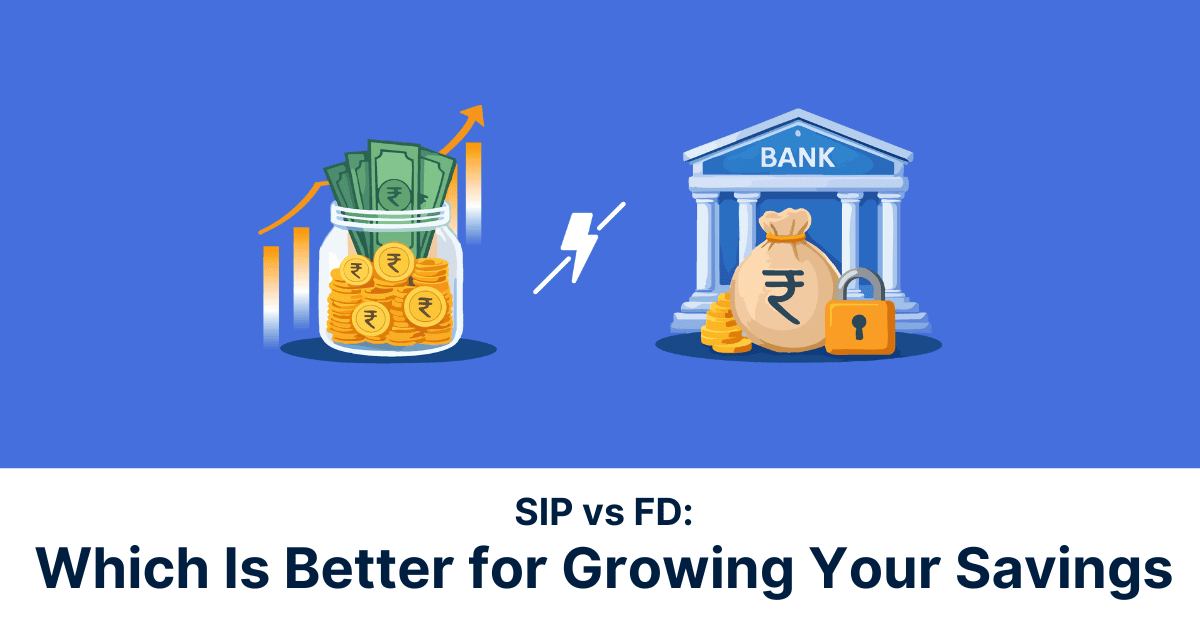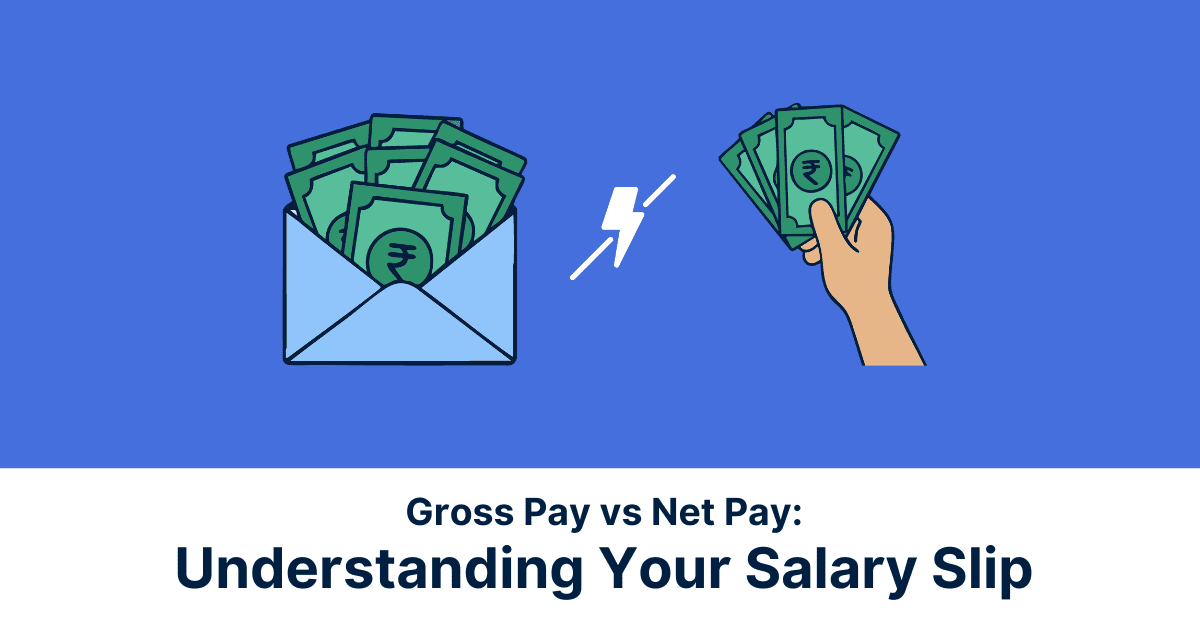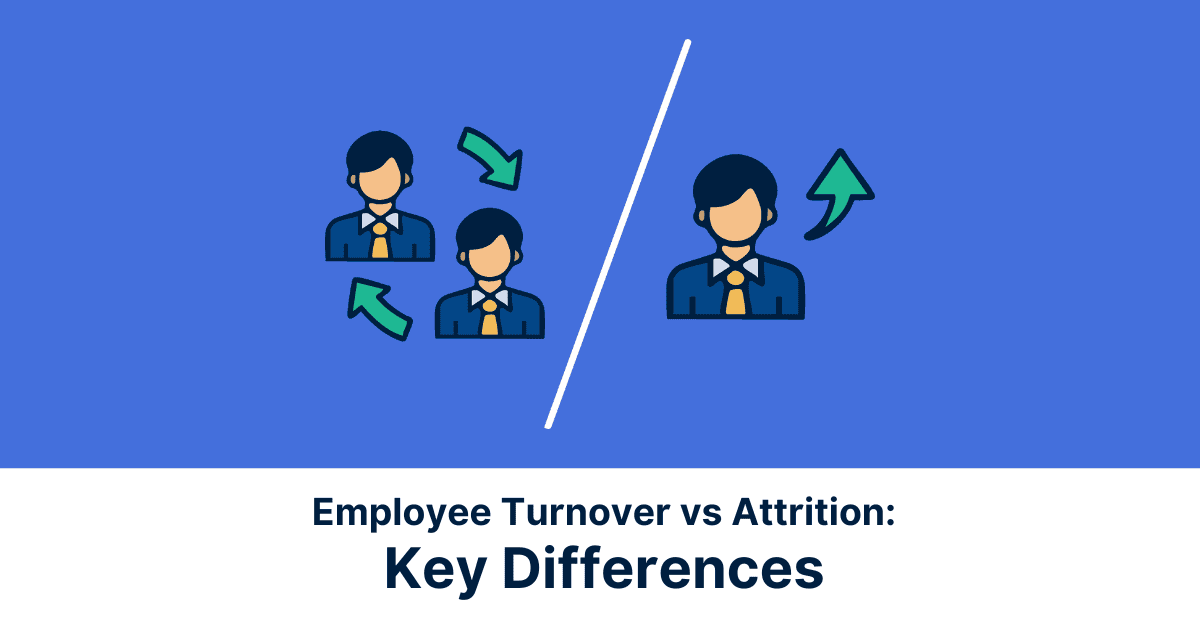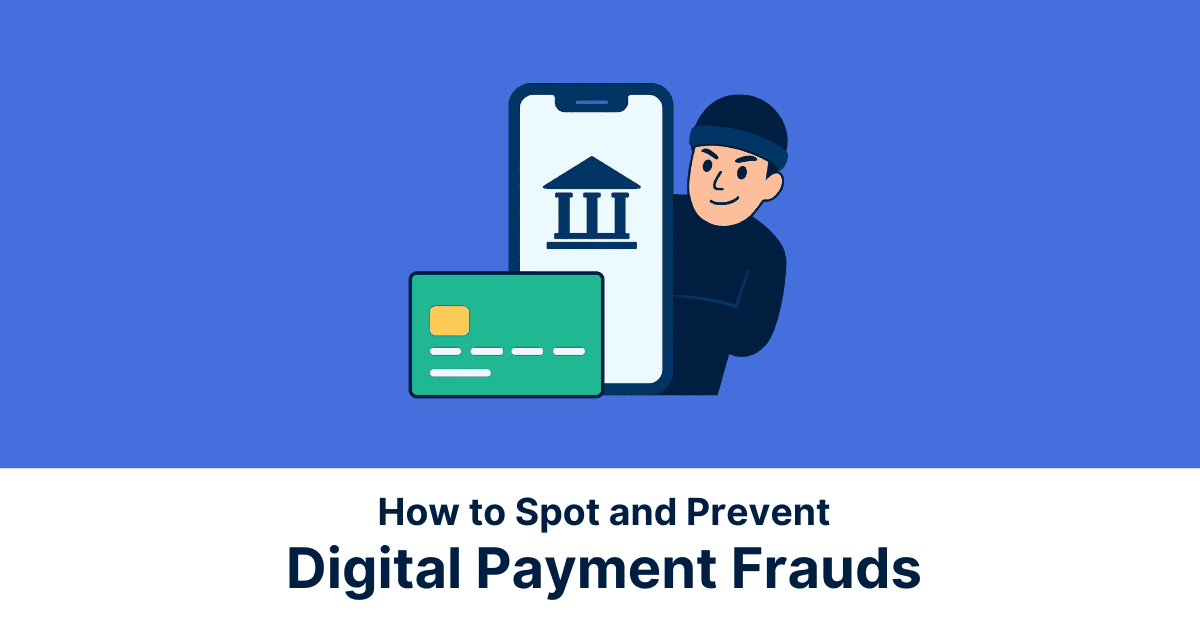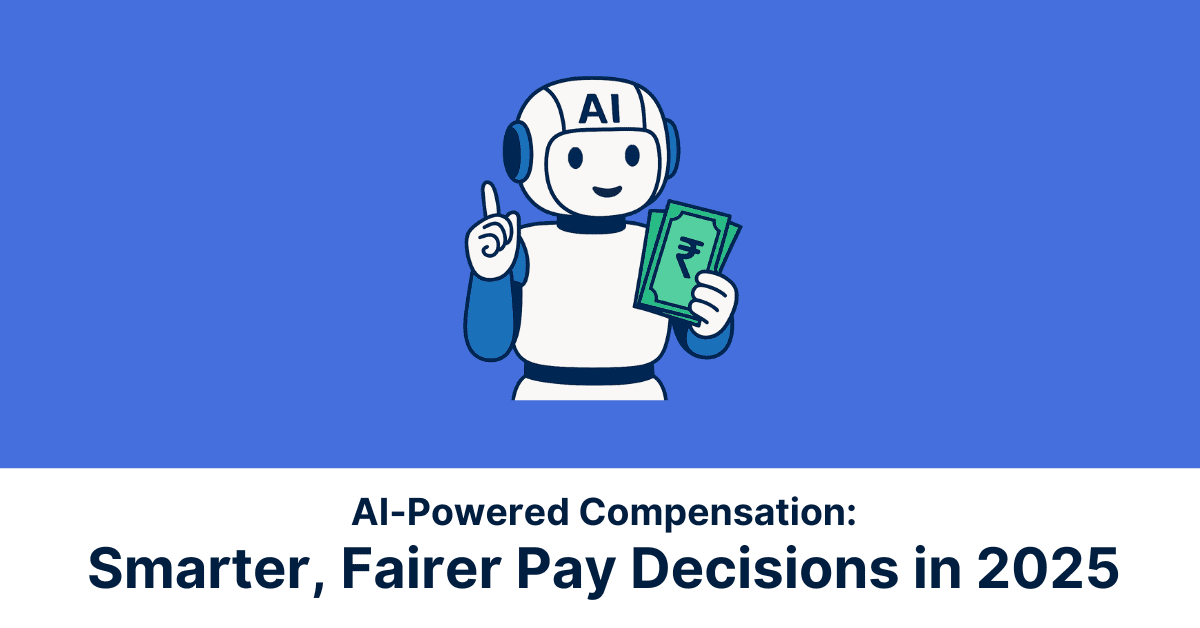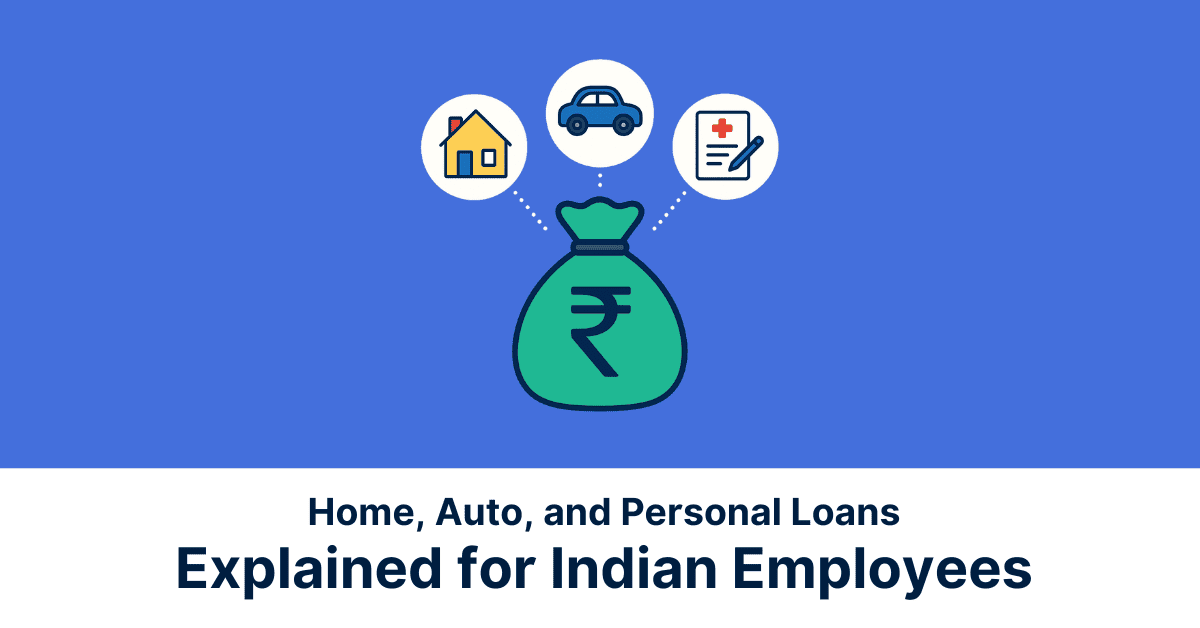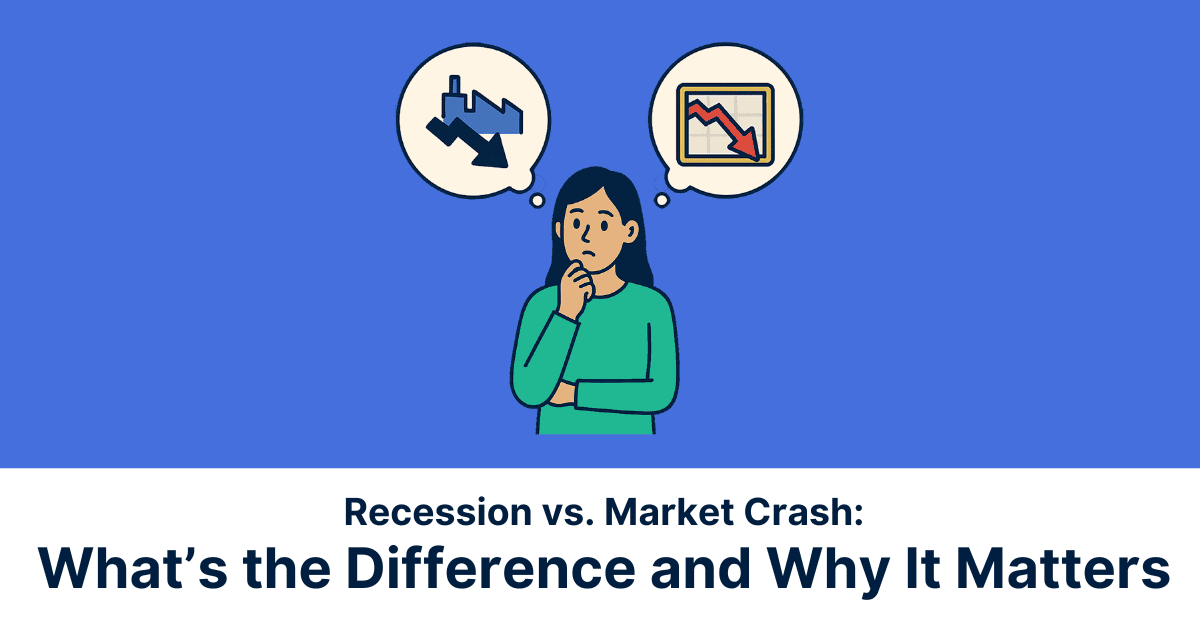What is Earned Wage Access (On-demand Salary)?
On-demand salary or earned wage access (EWA) provides the employees of the company access to their earned salary between two paydays. In simple words, on-demand salary allows an employee to withdraw the salary accumulated for the respective month, irrespective of the payday. On-demand salary is also known as instant pay, where an employee requests the salary for the number of days he/she has worked in the company in the particular month.
How does on-demand salary work?
On-demand salary is a structure of paying employees, where wages are received as and when they are earned. Therefore, assisting in paying the employees for the number of days worked before the upcoming payday. EWA allows employees to access either a single day’s salary or the accumulated salary of the respective month. Let’s take look at an example to know how on-demand salary works.
Example
It is quite simple to understand the working of on-demand salary. Let’s presume Employee A is working in XYZ Co. The salary of Employee A is Rs. 30,000 per month, and the salary cycle of the company is from the 1st of the month to the last date of the month. In this instance, let’s consider that the month consists of 30 days; hence the pay cycle shall be from the 1st to the 30th.
Now, how on-demand salaries work is that on the 15th of the month, Employee A requires money and does not want to borrow it from friends or family, and does not wish to increase the credit card debt; so, if XYZ Co. is partnered with an EWA provider, then, Employee A can withdraw his/her salary from 1st to 15th (i.e. first 15 days of the month) on the 15th. This allows Employee A 15 days of salary summing to Rs. 15,000 [(30,000/30) * 15] available for withdrawal.
The salary for the remaining 15 days is credited to Employee A on the payday. Hence, salary is instantly accessible allowing Employee A to avoid loans and borrowings.
Difference between advance salary and on-demand salary
Though on-demand salary and advance salary may seem to be similar, there is a significant difference between the two.
On-demand salary is accessing the wages/salary of the respective month during the month, whereas, advance salary is the concept of taking an advance on the salary that is yet to be earned. To make it clearer, advance salary refers to the next month’s salary, however, on-demand pay means taking the salary of the days an employee has worked for which the company is liable to pay.
How does on-demand salary help in reduced borrowings?
The advantages of on-demand salary are numerous. Nevertheless, one of the core components of on-demand salary is to help employees reduce borrowings. This can be seen below:
- Quick access to cash helps in reducing the requirement for asking for money from friends and family.
- The need for urgent cash also results in increasing credit card debt.
- Easy-to-access cash helps in sustaining minor expenses like unforeseen repairs, quick investment opportunities etc.
- Withdrawing the salary as per needs helps in managing finances efficiently as earnings can be split into multiple parts
How to access on-demand salary?
Though on-demand salary is for the workforce, it can be accessed only if the employer has tied up with an earned wage access partner. In India, there are few earned wage access partners who provide corporates with the infrastructure and technology to seamlessly integrate EWA tech in the pay cycle.
Jify as an EWA Partner
Jify is one of the fastest-growing EWA partners in India. To access on-demand salary through Jify, follow the steps below:
- Download the Jify App from Play Store or App Store on your smartphone
- Sign up using your mobile number (OTP verification is mandatory)
- Enter your employment details – Employee ID and Company Code (Shall be sent to your official email address)
- If your company has partnered with Jify, then you will login; else, an error shall be displayed that will prevent login.
In such a case, contact your HR team for acquiring the correct company code. - Thereafter, you can complete a 4-step e-KYC and start withdrawing your salary on demand.
To know more about Jify and on-demand salary, kindly contact your HR representative.
*Disclaimer:
The information contained herein is not intended to be a source of advice concerning the material presented, and the information contained in this article does not constitute investment advice. The ideas presented in the article should not be used without first assessing your financial situation or without consulting a financial professional.



